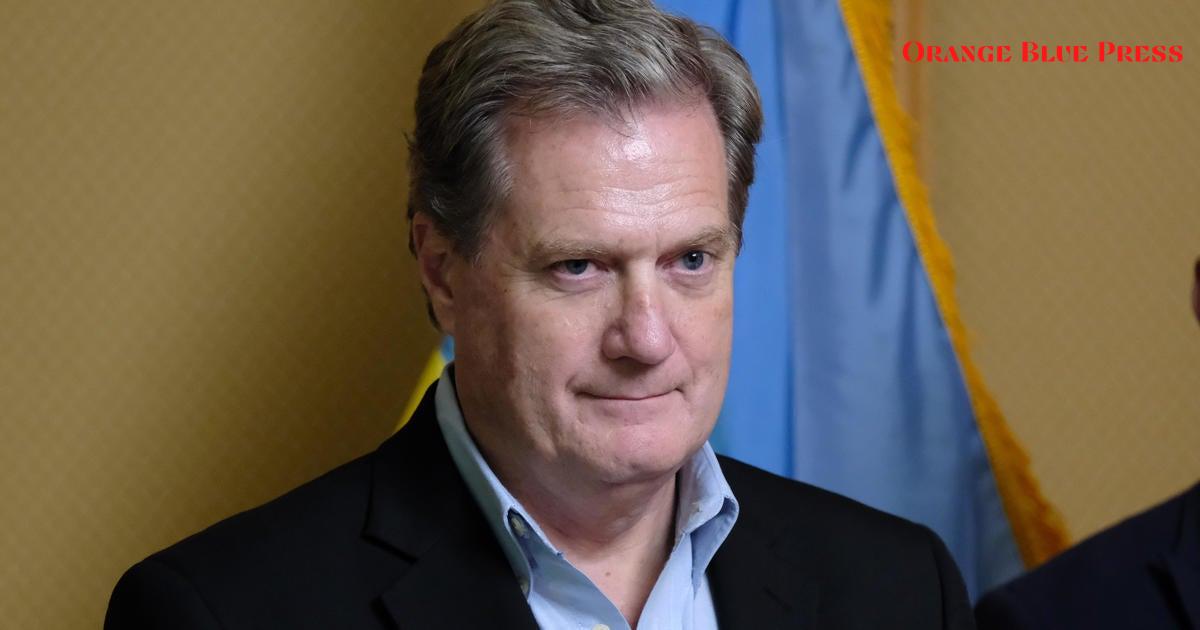In a surprising move, House Speaker Mike Johnson has removed Representative Mike Turner from his role as chairman of the House Intelligence Committee. This decision has raised eyebrows among many in Washington and beyond. The announcement was made on Wednesday, igniting discussions about the future of intelligence oversight in the country.
Concerns from Mar-a-Lago
The Speaker cited “concerns from Mar-a-Lago” as the reason behind Turner’s ousting. While many are curious about what these concerns entail, Johnson was quick to deny any direct influence from former President Donald Trump on the decision. He emphasized that this was simply a House decision, designed to provide a fresh perspective in leadership.
Rick Crawford Takes the Helm
Replacing Turner will be Representative Rick Crawford from Arkansas. Crawford, known for his strong stance on oversight matters, has pledged to ensure that the Intelligence Community remains under aggressive watch. This change could signal a new direction in how the committee operates and interacts with other branches of government.
Mixed Reactions from Lawmakers
The response to Turner’s removal has been mixed. Congressman Jim Himes, the top Democrat on the committee, expressed concern over the decision. He praised Turner’s work, especially noting his independent oversight capabilities. For Himes, this move represents a setback for bipartisan cooperation within the committee.
Turner’s Legacy
Mike Turner has served on the Intelligence Committee with pride and dedication. He has been a vocal supporter of Ukraine amidst ongoing conflict, which has not always aligned with the sentiments of some members of his party. Additionally, his approach to FISA Section 702 has drawn criticism from the House Freedom Caucus. Despite the challenges, Turner remains committed to his principles, highlighting how much he valued his time on the committee.
What’s Next for the Committee?
The changes in the Intelligence Committee’s leadership may have broader implications for intelligence oversight moving forward. With Crawford at the helm, there is a strong push for a more aggressive approach to monitoring the Intelligence Community. Observers are keen to see how this shift will affect important decisions and the interactions with the executive branch.
Impact on Ukrainian Support and Oversight
Turner’s stance on supporting Ukraine contrasts sharply with some factions within his party and has been cited as a possible reason for his removal. This shift in leadership not only changes the committee’s approach to intelligence but also raises questions about the ongoing support for Ukraine and various international policies. Experts believe that Crawford’s team might take a different route that echoes the more traditional GOP sentiments on foreign policy.
Conclusion: A Pivotal Change
This development signifies a pivotal change within the House Intelligence Committee. As Mike Turner steps down, the committee braces for a transition under Rick Crawford’s leadership. The future direction of the committee will be closely monitored as it navigates the complexities of intelligence and national security.




















